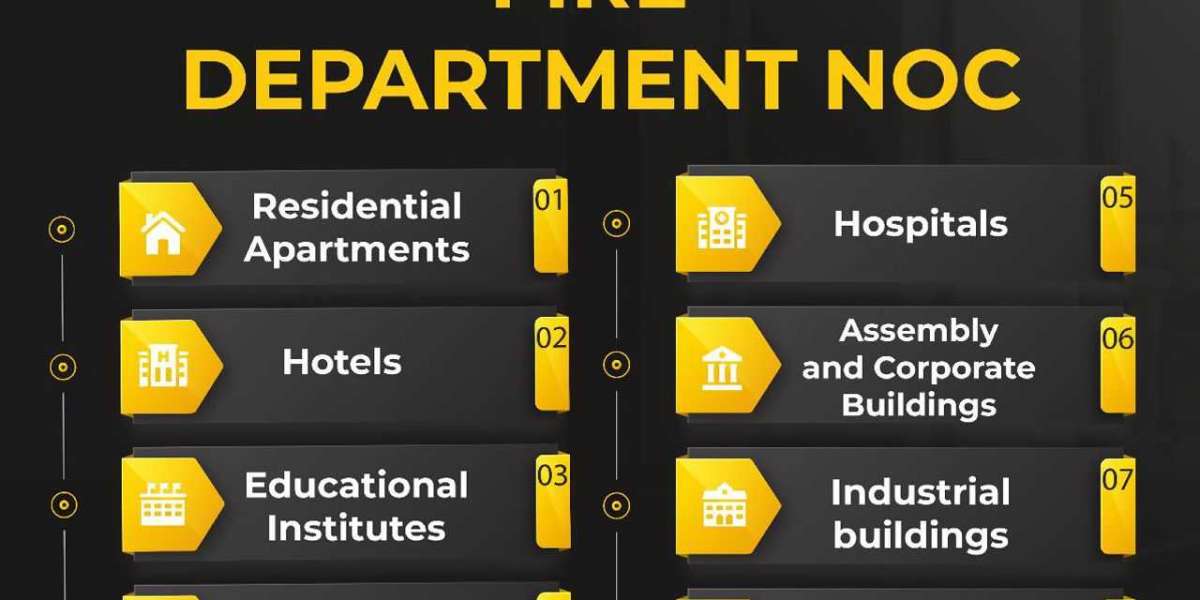The Food Safety and Standards Authority of India (FSSAI) plays a pivotal role in safeguarding these standards, and for businesses operating on a larger scale, obtaining an FSSAI State License is a crucial step. This article unravels the intricacies of the FSSAI State License, exploring its significance, the application process, and the transformative impact it can have on businesses committed to delivering safe and high-quality food.
Understanding FSSAI State License: A Key to Regulatory Compliance:
The FSSAI State License is a mandatory requirement for businesses involved in food manufacturing, processing, packaging, and distribution on a medium to large scale. It is governed by the Food Safety and Standards (Licensing and Registration of Food Businesses) Regulations, 2011, and obtaining it is a testament to a business's commitment to adhering to regulatory standards set by FSSAI.
Key Significance of FSSAI State License:
Regulatory Compliance: FSSAI State License ensures compliance with the food safety and quality standards mandated by FSSAI. It is a legal requirement for businesses operating beyond the scope of basic registration.
Market Access: Many retailers, distributors, and business partners require FSSAI State License as a prerequisite for collaboration. It opens up avenues for market access and partnerships, enabling businesses to reach a wider audience.
Enhanced Credibility: FSSAI State License enhances the credibility of a food business. It signals to consumers, stakeholders, and regulatory authorities that the business is committed to maintaining high standards of food safety and quality.
Consumer Trust: Consumers are increasingly conscious of the food they consume. The FSSAI State License reassures them that the products they choose have undergone regulatory scrutiny, fostering trust in the brand.
The FSSAI State License Application Process: Navigating Regulatory Channels:
The process of obtaining an FSSAI State License involves several steps, each aimed at ensuring that the business meets the regulatory standards set by FSSAI. Here is a comprehensive guide to the application process:
Eligibility Assessment:
- Determine whether your business falls within the scope of requiring an FSSAI State License. This is typically applicable to businesses with an annual turnover between ₹12 lakhs and ₹20 crores.
Documentation Preparation:
- Gather the necessary documents required for the application. This may include identity and address proof, proof of business ownership, details of the food safety management system, and a blueprint of the processing unit.
Online Application Submission:
- Create an account on the Food Licensing and Registration System (FLRS) portal, the online platform for FSSAI applications.
- Fill out the application form, providing accurate and complete information about the business, food products, and processing units.
Payment of Fees:
- Pay the requisite fee for the FSSAI State License. The fee structure may vary based on the nature and scale of the business.
Application Verification:
- The FSSAI authorities will review and verify the submitted application and documents. Any discrepancies or additional information required will be communicated to the applicant.
Inspection (if applicable):
- In some cases, FSSAI may conduct a physical inspection of the premises. This is more common for businesses involved in the manufacturing and processing of food products.
FSSAI State License Issuance:
- Upon successful verification and compliance, the FSSAI State License is issued. This license includes a unique FSSAI License number, which must be displayed on food packages.
Impact on Businesses: Transformative Benefits of FSSAI State License:
Market Expansion:
- FSSAI State License opens up opportunities for market expansion. Many retailers, especially those with a focus on quality and safety, prefer to collaborate with businesses that hold a valid FSSAI State License.
Access to Retail Chains and Distribution Networks:
- Retail chains and distributors often require suppliers to have an FSSAI State License. Holding this license facilitates partnerships with established distribution networks, providing businesses with broader market access.
Consumer Confidence:
- The FSSAI State License instills confidence in consumers. When they see the FSSAI License number on a product, it serves as a visible assurance that the business adheres to regulatory standards, contributing to consumer trust.
Compliance with Regulatory Standards:
- Obtaining an FSSAI State License ensures that the business complies with the regulatory standards set by FSSAI. This includes adherence to hygiene practices, quality control, and safety measures in food processing.
Legal Compliance:
- FSSAI State License is a legal requirement for businesses operating in the defined scale. Obtaining and maintaining the license ensures that the business operates within the bounds of the law.
Challenges and Considerations: Navigating the Compliance Landscape:
Documentation Accuracy:
- Ensuring the accuracy and completeness of the documentation is crucial. Any discrepancies can lead to delays in the verification process.
Stringent Inspection:
- Businesses involved in manufacturing and processing may undergo a physical inspection. Ensuring that premises, equipment, and processes meet the prescribed standards is essential.
Renewal Requirements:
- FSSAI State License is not a one-time requirement. Businesses need to renew their licenses periodically to maintain compliance.
The Future of Food Safety Compliance: Adapting to Changing Dynamics:
As the food industry evolves and new challenges emerge, the FSSAI State License is expected to adapt to changing dynamics. Key considerations for the future include:
Digital Transformation:
- The FSSAI application and verification process is likely to become more streamlined and digitally driven. Increased use of technology can enhance efficiency in the licensing process.
Harmonization of Standards:
- Efforts toward harmonizing food safety standards nationally and internationally may impact FSSAI regulations. Aligning with global standards can facilitate smoother trade and global market access.
Technology Integration for Inspection:
- The use of technology, such as digital inspections and remote monitoring, may become more prevalent. This can streamline the inspection process and reduce the burden on businesses.
In Conclusion: Ensuring a Safer Food Future:
The FSSAI State License is not just a regulatory requirement; it is a commitment to ensuring the safety, quality, and integrity of the food supply chain. As businesses navigate the complex landscape of the food industry, the FSSAI State License stands as a symbol of dedication to regulatory compliance and a safer, healthier food future for the nation.





